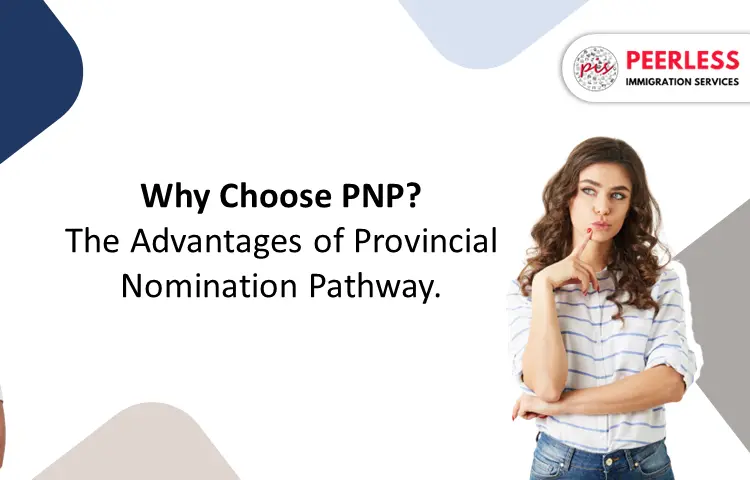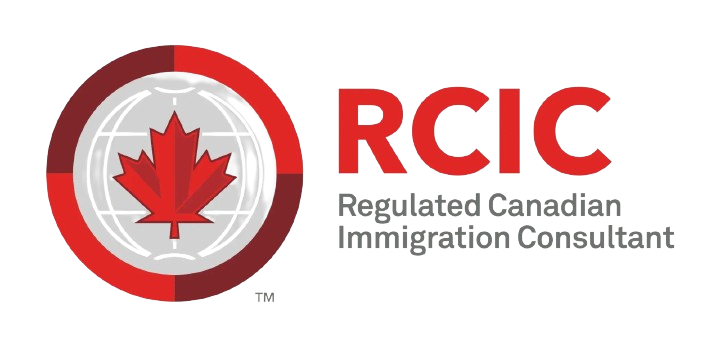
What are the advantages of the Provincial Nomination Program?
The volume of immigrants to Canada settled in Ontario, Quebec, and British Columbia prior to the start of the Provincial Nominee Program (PNP). The Prairie and Atlantic provinces, including Manitoba and Saskatchewan, as well as New Brunswick and Nova Scotia, were troubled by the low levels of immigration to their areas in the early 1990s. In 1998, the PNP was introduced as a result of a decision by the federal government. Spreading the benefits of immigration to all of Canada’s provinces and territories was the PNP’s main objective. By 2009, all provinces had signed immigration agreements with the federal government, with the exception of Quebec and Nunavut, enabling them to establish their own PNPs.
What is Canada's Provincial Nominee Program?
A Canadian immigration program called the Provincial Nominee Program (PNP) enables provinces and territories to suggest potential immigrants who meet the qualifications in terms of skills, education, and work experience needed to meet local labor market demands. It is intended to promote regional economic development by luring qualified employees, business owners, and investors to particular Canadian regions. The PNP is one method by which Canada regulates its immigration system, choosing applicants who can positively impact the nation’s economy and society.
Provincial Nominee Program and its Benefits
As soon as an applicant is nominated by a Canadian province or territory, the application process under the Provincial Nominee Program (PNP) begins. The system requires candidates to have the knowledge, training, and work experience necessary for them to make an immediate economic contribution to their specific nominating province or territory.
- One of the primary benefits of using these PNPs is that having a high Comprehensive Ranking System (CRS) score is not necessarily required to come to Canada. The entire immigration process through the PNP significantly simplifies life for applicants. For example, if your CRS score is 400 overall, but you meet all the conditions for a PNP in a specific province or area, your profile may be selected without the need for a high CRS score. This ease of immigration through PNP is attributed to the additional 600 CRS points that applicants receive upon receiving a nomination from a province, boosting their overall CRS score.
- The PNP offers a multitude of employment opportunities since nominations are made when a particular profile is needed or in demand. Some PNP streams linked to Express Entry don’t require a job offer.
- Another advantage is that living expenses in the provinces are significantly lower than in major cities like Toronto or Vancouver. Costs for essentials such as travel, groceries, and lodging vary considerably.
Once immigrants receive a PNP nomination and begin living in Canada, they can easily become Canadian citizens, giving them the freedom to work and reside in the country indefinitely. This program is well-suited for young immigrants with prior ties to Canada, high levels of education, language proficiency, and skilled work experience. PNP immigrants can expect to earn high salaries, have high rates of labor force engagement and employment, and experience a low likelihood of unemployment, according to statistical studies.
How does the PNP work?
- The PNP is one of the popular routes for skilled workers to immigrate to Canada who possess the knowledge, skills, and work experience necessary to enter Canada and boost the economy of a particular province or territory.
- It is, and it is crucial for the provinces and territories to accept skilled immigrants from all over the world to boost their economies.
- Each province and territory of Canada, has its own “PNP Stream,” with unique immigration requirements and eligibility criteria, that are intended to appeal to particular demographics.
- Each PNP also offers at least one immigration stream that is compliant with the federal Express Entry immigration screening process.
- The term “enhanced nominations” refers to province nominations submitted using these Express Entry-aligned streams. It is favorable for immigration candidates to acquire the extra 600 Comprehensive Ranking System (CRS) points provided by enhanced PNP streams since it practically guarantees that they will be invited to apply for permanent residence through Express Entry.
- The “base” stream, which necessitates immediately applying to the PNP stream, is another route to obtaining Canada permanent residency . The federal government will handle the permanent residence application once a candidate receives a provincial nomination.
- Only 477 individuals were granted entry into Canada in 1999 via the PNP. The number of immigrants who settled in Canada increased as the years passed. Each year, a new Immigration Levels Plan is released by the federal Department of Immigration, Refugees, and Citizenship Canada (IRCC) to direct its operations and set immigration goals. IRCC anticipates welcoming 83,500 immigrants under the PNP in 2022 and anticipates this number to increase by 93,000 by 2024.
If Express Entry is not an option for me, am I still eligible for a PNP?
Many PNPs demand that applicants have an active Express Entry pool profile. However, there are exceptions to this where some provinces provide nominations to applicants who do not have Express Entry eligibility. The eligibility requirements for these programs vary, so it is best to speak with a representative to determine whether you qualify. An applicant who obtains a nomination must then apply for permanent resident status with the federal government. Those applying for permanent residency through the PNP who are not aligned with Express Entry must submit their applications through a different portal, or through the mail. Application processing times are generally longer for non-Express Entry PNP applicants.
How are the points for the Provincial Nominee Program determined?
Since each province establishes its own eligibility standards, they employ various point systems to choose who can submit an application or receive an invitation. Points are often assigned based on a combination of factors including age, employment history, education, language proficiency, and ties to the province. Not all nominee programs rank their candidates using a points system.
What does it imply for a provincial nominee program to get an invite
A province will effectively invite you to submit an application for nomination with an “Invitation to Apply” (also known as a Notification of Interest or Letter of Interest). Provinces will specify a date for applicants to submit their applications when they issue an invitation. Depending on the program an applicant is invited through, the deadline will change.
Contact us
Feel free to reach out to us for answers to your questions. You can contact our expert at +91-8595010514 or send an email to info@peerlessimmigration.com















